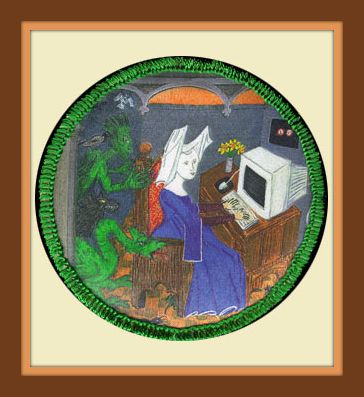As imperfect as he (Jeremiah Wright) may be, he has been like family to me. He strengthened my faith, officiated my wedding, and baptized my children. Not once in my conversations with him have I heard him talk about any ethnic group in derogatory terms, or treat whites with whom he interacted with anything but courtesy and respect. He contains within him the contradictions - the good and the bad - of the community that he has served diligently for so many years. These people are a part of me. And they are a part of America, this country that I love. Just a few notes about this book: This is not a page turner kind of book, but it is a quieter story of a man's search for identity and quest for personal understanding about race. It is amazing that the man who wrote this book is running for president and will hopefully soon be the Democratic nominee and the next president of the United States. I cannot help but compare him to George and find the current president to be lacking in comparison.
Just a few notes about this book: This is not a page turner kind of book, but it is a quieter story of a man's search for identity and quest for personal understanding about race. It is amazing that the man who wrote this book is running for president and will hopefully soon be the Democratic nominee and the next president of the United States. I cannot help but compare him to George and find the current president to be lacking in comparison.
I found it interesting that the timing of my reading of this book coincided with all the talk about race in the campaign. The whole Jeremiah Wright ordeal, and Obama's speech about race. So there turned out to be a lot of overlap in what I was hearing in the news and my reading.
Obama's book is his own personal story. He shares his life as a boy in Hawaii and Indonesia, his time as an angry black man in late adolescence and into college, his work on the ground in the Chicago projects, and his search for his roots in a visit to Kenya and his father's family. The thing that struck me most about his story and his journey is the nuance, the complexity, the detours that he takes. He doesn't see race and racial identity as cut and dried. He doesn't assume black or white people are all a certain way. He has a vision from the ground up--he understands the formative nature of race in identity. I love that he has spent time abroad: I didn't really know much about his years as a child in Indonesia, but that time, combined with his years spent in Chicago, have given him a perspective about poverty.
These themes--the complexity and the contradictions--were repeated in his speech. I love this section, which has been replayed over and over by the press, but for good reason.
I can no more disown him than I can disown the black community. I can no more disown him than I can my white grandmother - a woman who helped raise me, a woman who sacrificed again and again for me, a woman who loves me as much as she loves anything in this world, but a woman who once confessed her fear of black men who passed by her on the street, and who on more than one occasion has uttered racial or ethnic stereotypes that made me cringe.
Monday, March 31, 2008
Dreams From my Father
Labels:
Off the Stacks,
Politics
Subscribe to:
Post Comments (Atom)

1 comment:
I'm about a third of the way through Audacity of Hope. It's also quite good. I'll have to take a look at this one, too, this summer!
Post a Comment